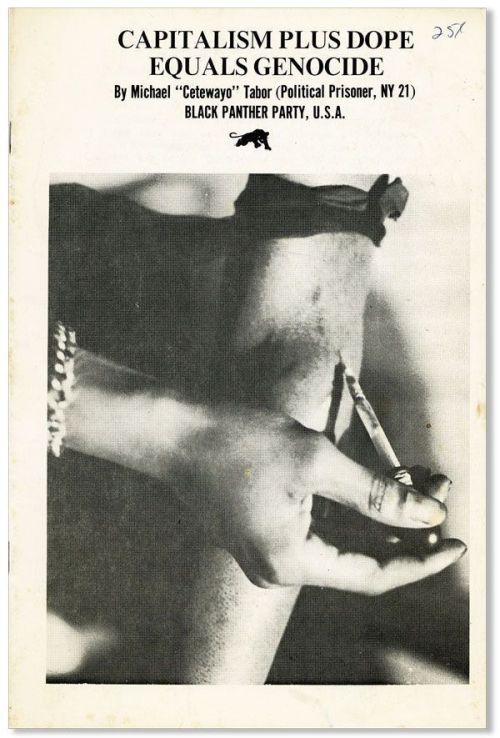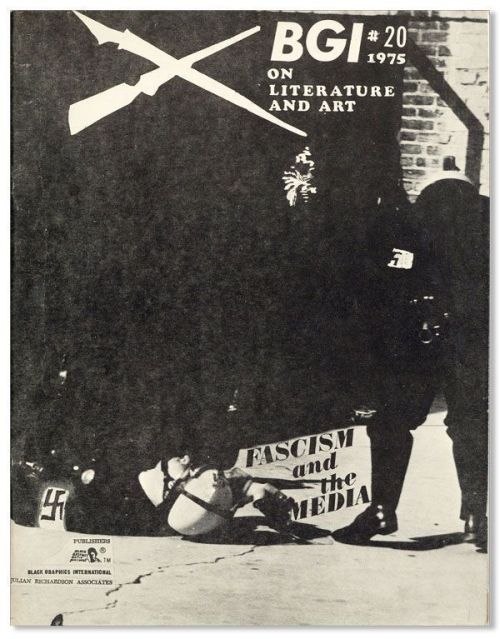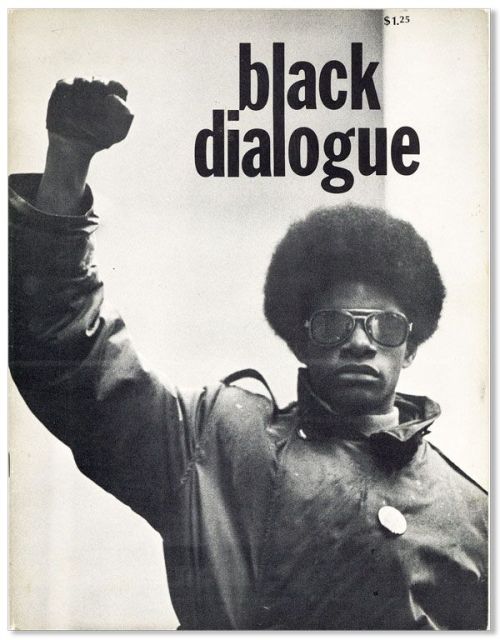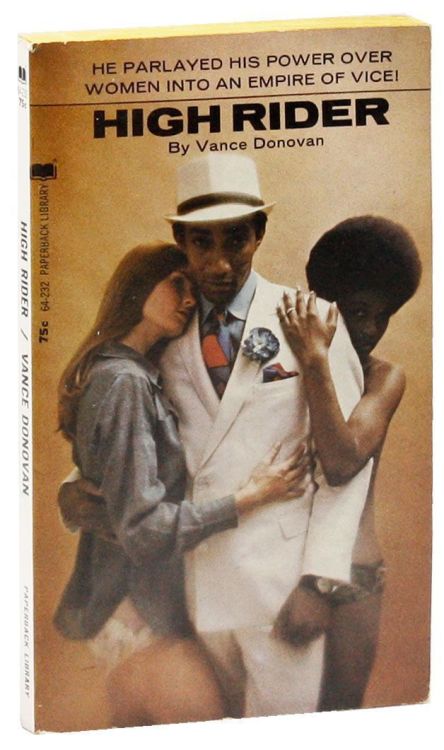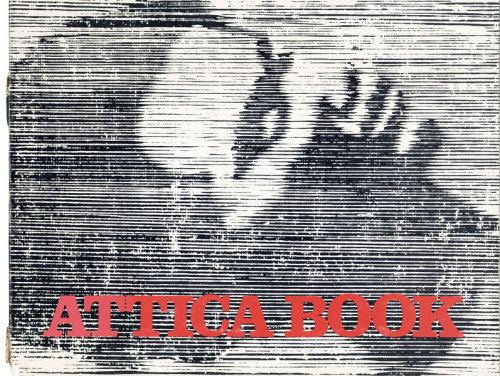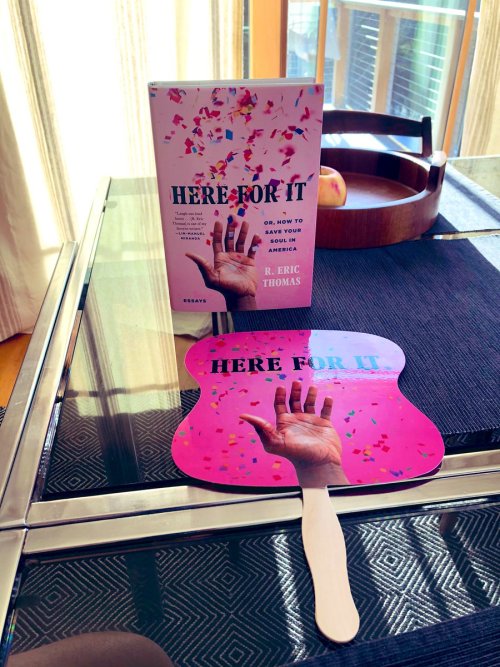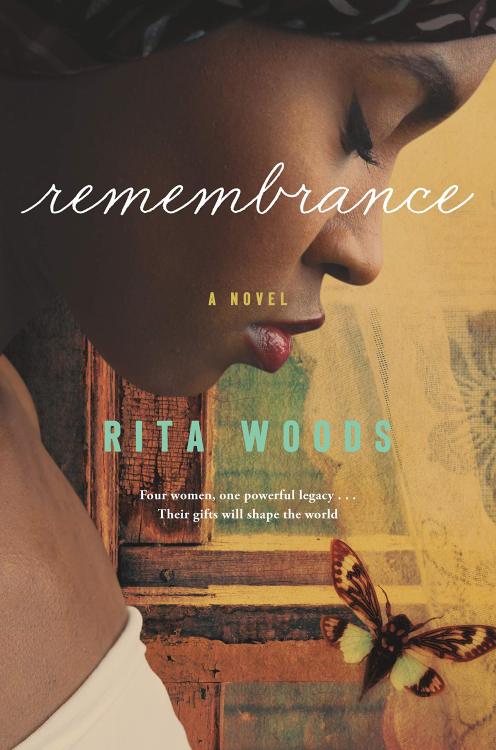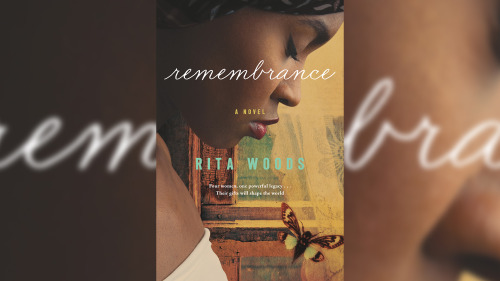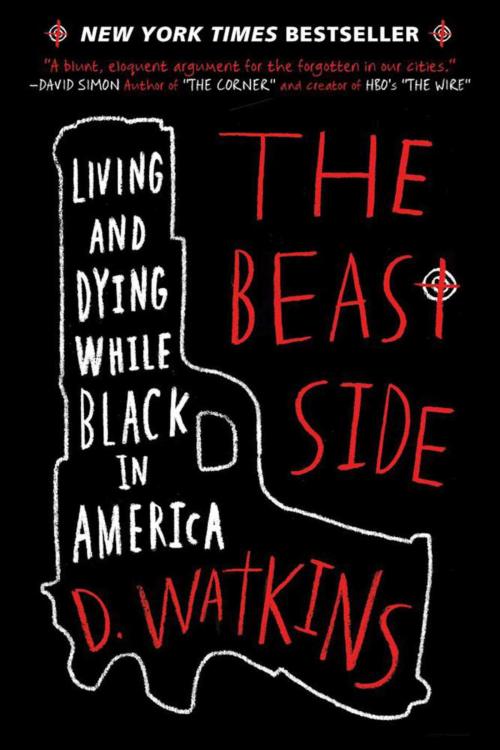#african americans

NOAA and partners today announced the discovery of the wreck of a 207-year-old whaling ship, called Industry, found on the bottom of the Gulf of Mexico. The remains of the 64-foot long, two-masted wooden brig opens a window into a little known chapter of American history when descendants of African enslaved people and Native Americans served as essential crew in one of the nation’s oldest industries.
“Black and Native American history is American history, and this critical discovery serves as an important reminder of the vast contributions Black and Native Americans have made to our country,” said U.S. Deputy Secretary of Commerce Don Graves. “This 19th century whaling ship will help us learn about the lives of the Black and Native American mariners and their communities, as well as the immense challenges they faced on land and at sea.” Read more.
New Arrivals: First Edition of FOR LOVE OF IMABELLE (1957), by Chester Himes. A paperback original novel.
Sharp copy of the author’s first crime novel, introducing the characters Coffin Ed Johnson and Grave Digger Jones. Basis for the 1991 film adaptation A Rage In Harlem, directed by Bill Duke and starring Forest Whitaker, Robin Givens, Gregory Hines and Danny Glover. Terrific cover by Mitchell Hooks.
Post link
New Arrivals: First Edition of CAPITALISM PLUS DOPE EQUALS GENOCIDE (ca.1970), by Michael “Cetewayo” Tabor.
An early critique on the relationship between drugs and the Black community by Tabor, a Harlem-born member of the Black Panther Party and one of the New York 21. The tract was important for its role in stimulating discussion on the role of drugs in marginalized communities, and an important influence in the development of the anti-drug stance taken by other radical groups. Indeed, among the Party’s many national social programs included efforts to combat drug addiction, often led by former addicts who worked with the Party. “Dope, they argued, was part of the oppressor’s plan to "ensure our enslavement”…Improving the health status of blacks thus went hand in hand with improving their political, economic, and social status. In the Party’s view, black political activism and black public health activism were interwoven" (Bloom, Joshua and Waldo E. Martin. Black Against Empire: The History and Politics of the Black Panther Party, p.188-189). Reprinted in several different forms, this version is preceded only by the shorter, 4-page version published by the Committee to Defend the Panther 21, titled The Plague: Capitalism + Dope = Genocide.
Post link
New Arrivals: Black Graphics International: A Journal of Revolutionary Literature & Art - No.20 (Fall-Winter, 1975), edited by Aaron Pori Pitts.
A later issue of this Detroit-based Black Arts journal, founded in 1969 by artist and poet Aaron Pori Pitts. This issue features an editorial on “Fascism in the Media,” essays, news, and artwork by regulars in the Detroit arts and literary scene. Laid into this issue are three BGI advertising flyers, subscription form, three-year calender on cardstock (1975-1977), and an additional flyer for the opening of Ed Bullins’s The Fabulous Miss Marie at The Langston Hughes Theatre (Feb.26, 1976).
Interested? Write to [email protected]
Post link
New Arrivals: Black Dialogue Magazine - Vol.IV, No.2 (Summer, 1970)
Late issue of this Black Arts / Black Nationalist publication, with contributions by Joe Goncalves, Weusi Sema, William A. Maynard Jr., James Forman, Jackie Earley, Isaac J. Black, Sonia Sanchez, Cherilyn C. Wright, and Jeff Donaldson, et al. Contains a special section by Sharon Burke honoring Alain Locke.
Post link
New Arrivals: First Edition of HIGH RIDER (1969), by Vance Donovan. A paperback original.
Blaxploitation novel following the rise of a young black man from low-level horse handler from Watts to the overlord of a Hollywood Hills brothel, and the two women (black and white) who vied for his attention.
If clothes make the man, then this guy’s winning at life…
Post link
New Arrivals: BLACK EMERGENCY CULTURAL COALITION AND ARTISTS AND WRITERS PROTEST AGAINST THE WAR IN VIETNAM [1971].
Collaboration of artwork and poetry by members of the BECC and Artists and Writers Protest Against the War in Vietnam, compiled by BECC co-founder Benny Andrews and anti-war artist/activist Rudolf Baranik. The BECC was originally formed in 1969 in response to the Metropolitan Museum of Art’s exhibit “Harlem On My Mind,” which excluded any contributions by African-American artists. In 1971, in response to riots at the Attica correctional facility in New York, the Coalition organized the Arts Exchange Program, providing art classes for prisoners taught by members of the BECC. Among the contributors are Benny Andrews, Romare Bearden, Dana Chandler, Leon Golub, Alvin Hollingsworth, Jacob Lawrence, and Faith Ringgold, among many others.
Post link
New Arrivals: First Edition of POLICE BRUTALITY: LYNCHING IN THE NORTHERN STYLE (1947).
Issued by Harlem’s black communist councilman Benjamin J. Davis, who would later be convicted and jailed in 1951 under the Smith Act. A scarce pamphlet which includes photographs of men who had been beaten by policemen, including 42-year-old Samuel T. Symonette, who was beaten by four Harlem detectives with “pistols and Pepsi-Cola bottles”.
Post link
New Arrivals: A Fine copy of CONJURE (1972) by Ishmael Reed.
First full-length poetry collection (following three novels) by the founder of the Umbra Workshop, which would become a significant influence on the Black Arts Movement. Includes Reed’s major long poem “Catechism of d neoamerican hoodoo church,” which was first published as a chapbook by the British publisher Paul Breman.
Post link
Happy 80th birthday to Emmett Till born on this day, July 25, 1941. Rest in peace, Emmett.
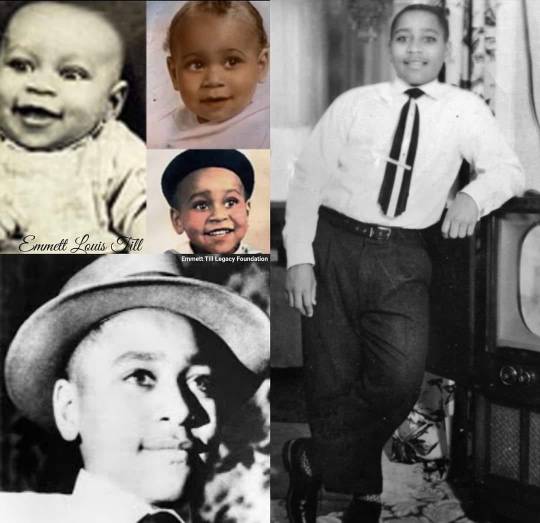
“Every where the years bring to all enough of sin and sorrow; but in slavery the very dawn of life is darkened by these shadows. Even the little child, who is accustomed to wait on her mistress and her children, will learn, before she is twelve years old, why it is that her mistress hates such and such a one among the slaves. Perhaps the child’s own mother is among those hated ones. She listens to violent outbreaks of jealous passion, and cannot help understanding what is the cause. She will become prematurely knowing in evil things. Soon she will learn to tremble when she hears her master’s footfall. She will be compelled to realize that she is no longer a child. If God has bestowed beauty upon her, it will prove her greatest curse. That which commands admiration in the white woman only hastens the degradation of the female slave.
I know that some are too much brutalized by slavery to feel the humiliation of their position; but many slaves feel it most acutely, and shrink from the memory of it. I cannot tell how much I suffered in the presence of these wrongs, now how I am still pained by the retrospect. My master met me at every turn, reminding me that I belonged to him, and swearing by heaven and earth that he would compel me to submit to him. If I went out for a breath of fresh air, after a day of unwearied toil, his footsteps dogged me. If I knelt by my mother’s grave, his dark shadow fell on me even there. The light heart which nature had given me became heavy with sad forebodings. The other slaves in my master’s house noticed the change. Many of them pitied me; but none dared to ask the cause. They had no need to inquire. They knew too well the guilty practices under that roof; and they were aware that to speak of them was an offence that never went unpunished.”
–Harriet Jacobs, “Incidents in the Life of a Slave Girl, Written by Herself
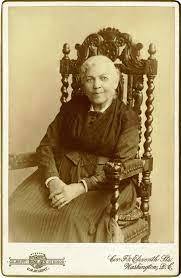
Juneteenth 2021
“My mother was sold at Richmond, Virginia, and a gentleman bought her who lived in Georgia, and we did not know that she was sold until she was gone; and the saddest thought was to me to know which way she had gone, and I used to go outside and look up to see if there was anything that would direct me, and I saw a clear place in the sky, and it seemed to me the way she had gone, and I watched it three and a half years, not knowing what that meant, and it was there the whole time that mother was gone from her little ones.”
–Kate Drumgoold, “A Slave Girl’s Story”, 1898

“The every-day life of a slave on one of our southern plantations, however frequently it may have been described, is generally little known at the North. The principal food of those upon my master’s plantation consisted of corn meal, and salt herrings; to which was added in summer a little buttermilk, and the few vegetables which each might raise for himself and his family, on the little piece of ground which was assigned to him for the purpose, called a truck patch. The meals were two, daily. The first, or breakfast was taken at 12 o’clock, after laboring from daylight; and the other when the work of the remainder of the day was over. The only dress was of tow cloth, which for the young, and often even for those who had passed the period of childhood, consisted of a single garment, something like a shirt, but longer, reaching to the ankles; and for the older, a pair of pantaloons, or a gown, according to the sex, while some kind of round jacket, or overcoat, might be added in winter, a wool hat once in two or three years, for the males, and a pair of coarse shoes once a year. Our lodging was in log huts, of a single small room, with no other floor than the trodden earth, in which ten or a dozen person-men, women, and children-might sleep, but which could not protect them from dampness and cold, nor permit the existence of the common decencies of life. There were neither beds, nor furniture of any description-a blanket being the only addition to the dress of the day for protection from chillness of the air or the earth. In these hovels were we penned at night, and fed by day; here were the children born, and the sick-neglected. Such were the provisions for the daily toll of the slave.”
–Josiah Henson, “The Life of Josiah Henson, Formerly a Slave. Narrated by himself. 1849

“Slavery has existed in this country too long and has stamped its character too deeply and indelibly, to be blotted out in a day or a year, or even in a generation. The slave will yet remain in some sense a slave, long after the chains are taken from his limbs, and the master will yet retain much of the pride, the arrogance, imperiousness and conscious superiority, and love of power, acquired by his former relation of master. Time, necessity, education, will be required to bring all classes into harmonious and natural relations…
Law and the sword can and will, in the end abolish slavery. But law and the sword cannot abolish the malignant slaveholding sentiment which has kept the slave system alive in this country during two centuries. Pride of race, prejudice against color, will raise this hateful clamor for oppression of the negro as heretofore. The slave having ceased to be the abject slave of a single master, his enemies will endeavor to make him the slave of society at large.”
-Frederick Douglass, December 28, 1862, Rochester, New York, Speech at the Spring Street AME Zion Church


HAPPY JUNETEENTH MY FELLOW AA’s, celebrate, liberate, educate, dismantle the racist establishment, & support your local black economy! The ancestors started the work and passed the strength onto us to finish it.
NO ONE IS FREE UNTIL WE’RE ALL FREE⛓✊♥️
New from Ballantine Books, Here For It:, Or, How to Save Your Soul in America: Essays, by R. Eric Thomas.
“Pop culture–obsessed, Sedaris-level laugh-out-loud funny … [R. Eric Thomas] is one of my favorite writers.”—Lin-Manuel Miranda.
Post link
New from Forge, Remembrance: A Novel by Rita Woods. “Stunning. … Family is at the core of Remembrance, the breathtaking debut novel by Rita Woods.” – The Boston Globe. This breakout historical debut with modern resonance is perfect for the many fans of The Underground RailroadandOrphan Train.
Post link
Langston Hughes
What happens to a dream deferred?
Does it dry up
like a raisin in the sun?
Or fester like a sore—
And then run?
Does it stink like rotten meat?
Or crust and sugar over—
like a syrupy sweet?
Maybe it just sags
like a heavy load.
Or does it explode?




